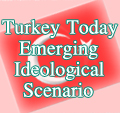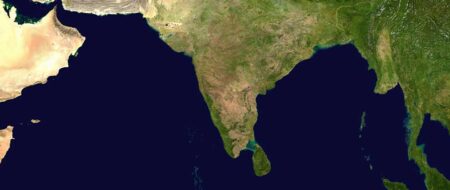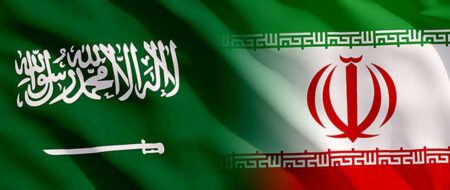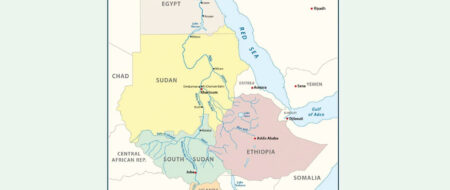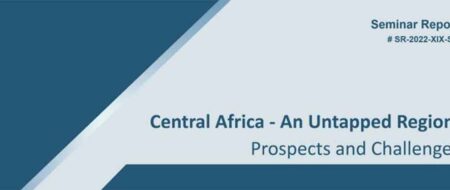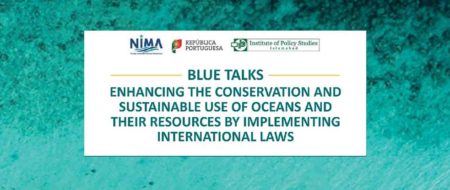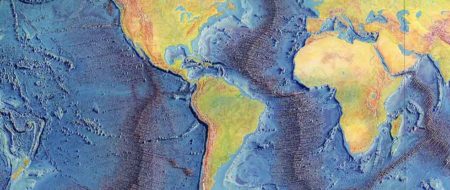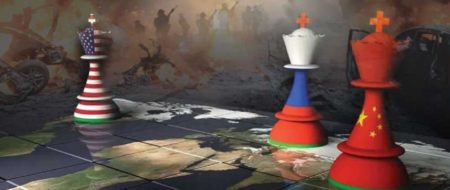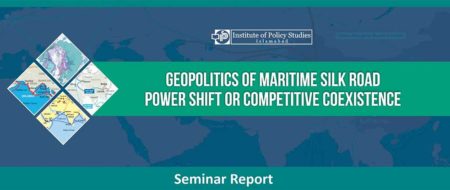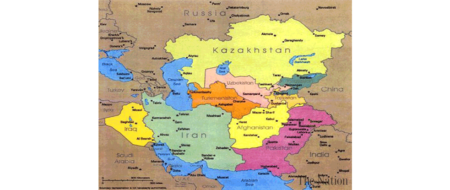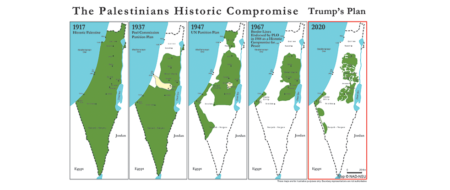Turkey Today: Emerging Ideological Scenario
Comments and Questions I
Prof. Khurshid Ahmad: Besides the economic factors and market forces that Dr. Bacik mentioned, there have been very important historical, cultural, and domestic factors that the emerging ideological forces have had to cope with. The system has been superficially democratic but actually autocratic—managed, controlled, and manipulated by the army as well as the bureaucracy in the judiciary, administration, and education, because these are the four pillars on which the secular power was based. The interaction among these internal dynamics is important to analyze the Turkish evolution.
The idea that the Islamic movement emerged primarily from the student leadership is only partially correct, as there have been some other forces, such as the intelligentsia force with the popular religion like the Nursi movement. These forces and the tension between them played a very important grassroots level role.
Along with that, the search for the historical identity, the suppressed faith, and sense of dignity are also important elements of the very complex phenomenon of ideological mobilization in Turkey. From one party to another, different arrangements were made, and when they were destroyed, a new arrangement came. Therefore, one would find many combinations of permutation. Finally, the emergence of the Justice and Development Party is also an effort along the same lines. This does not merely represent a strategic compromise but a very pragmatic effort made by ideological forces to reassert themselves subject to the domestic and international constraints in which they are operating. I would like you to comment on this.
Dr. Bacik: In theory, Turkey is said to be a democracy, but it has been an authoritarian regime. Practically, there was a balance between state elite and political elite. State elite refers to the military, high judiciary, and bureaucracy, while political elite refers to the elected people. In this system, political elites were never allowed to be the real players in the country. If they violated the limit, the veto power of Turkish military would play its role from 1960s to late 1990s. However, the rise of all the factors mentioned earlier is challenging these traditional gambits between the political elite and state elite. It can be said that, with the rise of the ruling party, AKP, the political elites are trying to capture the state machinery as a monopoly power for the first. Moreover, in terms of shaping of the Islamic movement in Turkey, the students have surely played an important role: most of those students are now in the military, in high judiciary, in the economy, and politics. But the rise of the bourgeoisie has revolutionized the people. Individually, they are religious, but in politics they are living in a free market economy. The ruling party is the champion of privatization in Turkey and good relations with European Union, which shows that, after ten years, the instruments and methods have transformed the Islamic groups.
Q: I have never been able to understand why, after a glorious 758-year past and an impressive history as a nation, a need was felt by Turkey to cut itself off from the past and undertake such a massive change.
Dr. Bacik: It is true that while there is a continuation, Turkey needed to adapt itself to the changing internal and external realities. Ten years ago, there were 80 universities in Turkey, and now the number is around 150. This shows the kind of change Turkey is going through and this is by no means a radical change. However, Turkey has new actors, new markets, new values, and new understanding. For example, there is a new ruling party in Turkey which is not Islamist, even though it is a fact that its (AKP) members have sought their social relations only in an Islamic environment. In that sense, their understanding has to be different. These are the facts that are now part of the Turkish culture of politics. So, ‘change’ refers to the rise of these factors and not to a radical shift.
Q: My question basically is about Erbakan. He started something revolutionary, his ideas were revolutionary, and he wanted to recharge the Muslims everywhere: in Africa, in Asia. The purpose was to bid farewell to the cultural pluralism of the West. However, it seems that the revolutionary spirit could not be sustained for various reasons. How would you explain this?
Dr. Bacik: Talking about Necmettin Erbakan is always difficult. Anyhow, one should credit Mr. Erbakan’s role because his party or movement in the nation’s opinion is the bedrock of the Islamic movement. In terms of initiating other Islamist or conservative parties, he played an important role. However, the second generation of political leaders of Islamic movements in 1997 started the mission by criticizing Erbakan. The rise of Islamic elite forces is the product of the criticism of Mr. Erbakan and his methodology. Comparing it with Erbakan, they never repeated the typical Islamic discourses. Instead, for example, one of the Turkish ministers once said that as a minister he was ready to market his country. In that sense, they are not Islamists. They can be compared with the rise of the Christian Democratic Party in the West, as explained by Stathis N. Kalyvas: to face the secular and liberal threat, the Church initiated the creation of different conservative parties, but these parties became independent of the Church and started affecting the beliefs of ordinary Christians. The case of AKP is very similar. The parties do not seem to be under the influence of earlier ideas and have overcome the legacy of Erbakan.
Q: I believe that the AKP era is related to the European model which is the driving force in Turkey but the effect of French moderanization has not totally disappeared. One element or aspect that still exists, though it may be declining, is the ‘anti-religion’ secularist element. Would you please comment on this?
Dr. Bacik: This is correct, especially in terms of the model of Turkish secularism. Second is the state structure. For example, if a political party comes up and say ‘let’s create a new political system which is more federal instead of federalism, the people would reject it. That means in terms of infrastructure of secularism and infrastructure of state model, Turkey is still following the French model. However, in terms of headscarf problem or the appearance of religious streams in public, it can be compared with the US rather than France. On the other hand, one should not forget that one group cannot dominate Turkey which is a post-Imperial, multiethnic country. There are big secular groups such as the arch secular party, Republican Peoples Party which gets around twenty percent votes in each election particularly in the Western part of Turkey. One needs to take this diversity into consideration while formulating the contract. Looking it from another angle, the transition is not smooth. There are serious problems. There are serious discussions going on regarding it. Turkey spent about two-three years on the question of how to elect the president. In the same way, headscarf is a simple question, but very symbolic. The political elite have to be very careful while dealing with these issues. In short, there is a process of transition but in terms of the structure of federalism and the role of the central government, the presence of French model is quite strong in Turkish politics.
Q: The Turkish people are said to be undergoing some ideological transition. My question is where exactly are they heading? The secularism is restricted to the government structure as Turkey is a multiethnic country and one group cannot dominate, so what kind of ideological evolution is in the process in Turkey?
Dr. Bacik: This question mainly refers to the Islamic Ummah, but there are structural differences in the interpretation of what is “Islamic.” Back in the early Saljooq era, there was no question in Turkey whether it should be labeled as Islamic. For example, the Ottoman State was not an Islamic state. In the Turkish understanding, religious scholars never interpreted Islam in that way. In the Turkish tradition, people can be Islamic but the state, entrepreneurs, TV channels, resource centers, etc., are not Islamic. So, the transformation is not heading towards creating an Islamic ideological country, but people want to express their beliefs freely. Comparatively, probably the Turkish elite want to create a model in Turkey which resembles the American model where religions are free, but state is also free. State respects religion. There are such debates in America as well. It is an endless debate everywhere. Regardless of such debates, in terms of a model, Turkish people are following a liberal model where the state’s role in the national economy is minimal and where people are allowed to express their religious beliefs. In that sense, it is not an ideological transition.
Q: Is it correct that because of Turkey’s attempt to get EU membership, the Islamic past of Turkey has been brought to the surface, not by the Turkish people but by the outsiders?
Dr. Bacik: Some Turkish political groups and Islamist groups know that the European Union process is in their favor, because the American type of modernization is not against the role of army, but the Copenhagen criteria limit that role. The reforms as a part of European Union membership process enhanced the role of religious people. In general, this originated from domestic dynamics. There is no reason to say that the European Union is transforming Turkey into a more religious state.
Chair: This ends the first discussion session of today’s meeting. Now I would request Dr. Bacik to enlighten us with his scholarly views on the political dimensions of the issue at hand.


